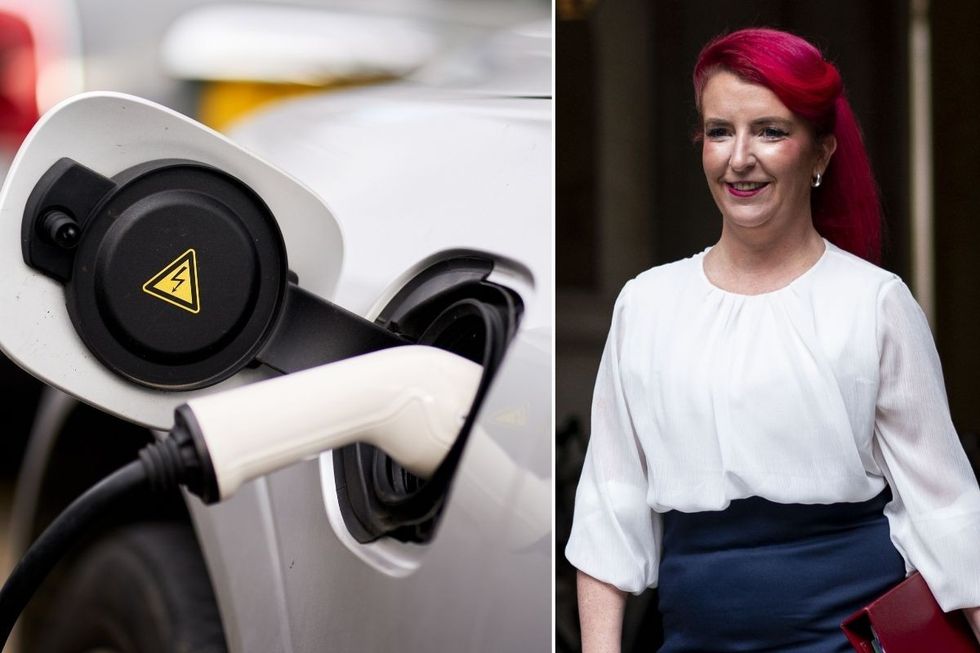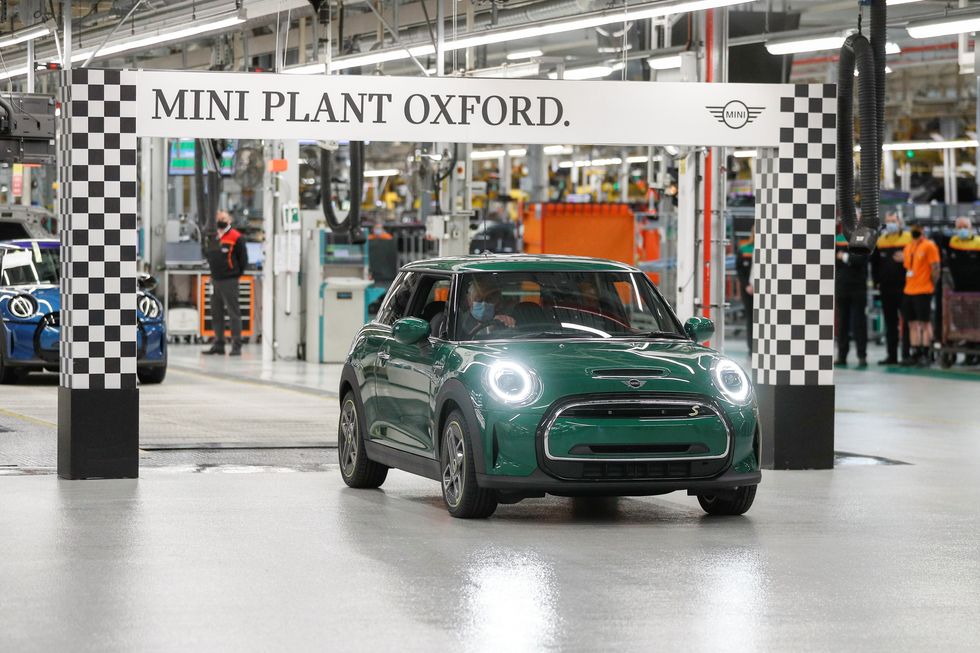The resignation of Transport Secretary Louise Haigh could cause chaos for Labour as it looks to appease major car brands by amending electric vehicle targets.
The MP for Sheffield Heeley resigned earlier today after she admitted pleading guilty to a criminal offence involving a mobile phone that had been reported as stolen.
The offence took place a year before Haigh became an MP and was given a conditional discharge by magistrates.
With the vacant position of Transport Secretary, Labour will be hard-pressed to make an announcement about the Zero Emission Vehicle (ZEV) mandate, which has caused havoc in recent weeks.
Do you have a story you’d like to share? Get in touch by emailing[email protected]

Louise Haigh’s resignation earlier today could throw EV plans into chaos
GETTY/PA
The current Zero Emission Vehicle (ZEV) mandate outlines that major manufacturers around the UK need to have 22 per cent of car sales and 10 per cent of van sales come from electric vehicles by the end of the year.
These targets will continue to increase each year until the end of the decade. Next year, rates for cars will rise to 28 per cent followed by 33 per cent in 2026, 52 per cent in 2028, 66 per cent in 2029 and 80 per cent in 2030.
Despite this, many major manufacturers have spoken out about the rules as they fear enormous fears worth £15,000 per polluting vehicle below the 22 per cent target.
Nissan highlighted this, slamming the proposals as subsidising work for companies that do not produce electric vehicles in the UK.
Business Secretary Jonathan Reynolds said he was working with Transport Secretary Louise Haigh to “fast-track” a consultation on the future of the ZEV mandate.
However, following Haigh’s resignation, these plans could become an issue for the Government as it attempts to find a successor and unveil the consultation.
During PMQs on Wednesday, Conservative Leader Kemi Badenoch questioned the Prime Minister on whether he would commit to keeping with the 2030 pledge to ban the sale of new petrol and diesel vehicles.
Starmer failed to answer, instead referencing the 1,100 expected job losses at Vauxhall’s Luton factory and the ZEV mandate, which was introduced under the previous Conservative Government.
Reports have suggested that Labour will pledge to ban the sale of new petrol and diesel vehicles from 2030, as announced in its election manifesto, although hybrid vehicle sales would be allowed until 2035.
Fiona Howarth, chief executive of Octopus Electric Vehicles, called on the Government to “hold firm” with its plans to maintain the ZEV mandate, saying manufacturers who failed to invest in the future were being challenged.
She added: “To secure long term jobs in the sector, the Government must hold firm on the ZEV mandate and invest in targeted support for manufacturers committed to the electric transition and jobs in the UK.
“Changing the mandate would mean shooting ourselves in the foot by bowing to the pressure of a few laggard companies.”
LATEST DEVELOPMENTS:

The ZEV mandate has been praised as ‘world-leading’ to help motorists switch to electric vehicles
PA
Speaking previously to GB News, a Government spokesperson said: “We’re committed to delivering greener transport by supporting the transition to electric vehicles.
“We will provide certainty to manufacturers by restoring the 2030 phase-out date for new petrol and diesel cars, and are committed to accelerating the rollout of electric vehicle charging infrastructure. We will set out further details due course.”